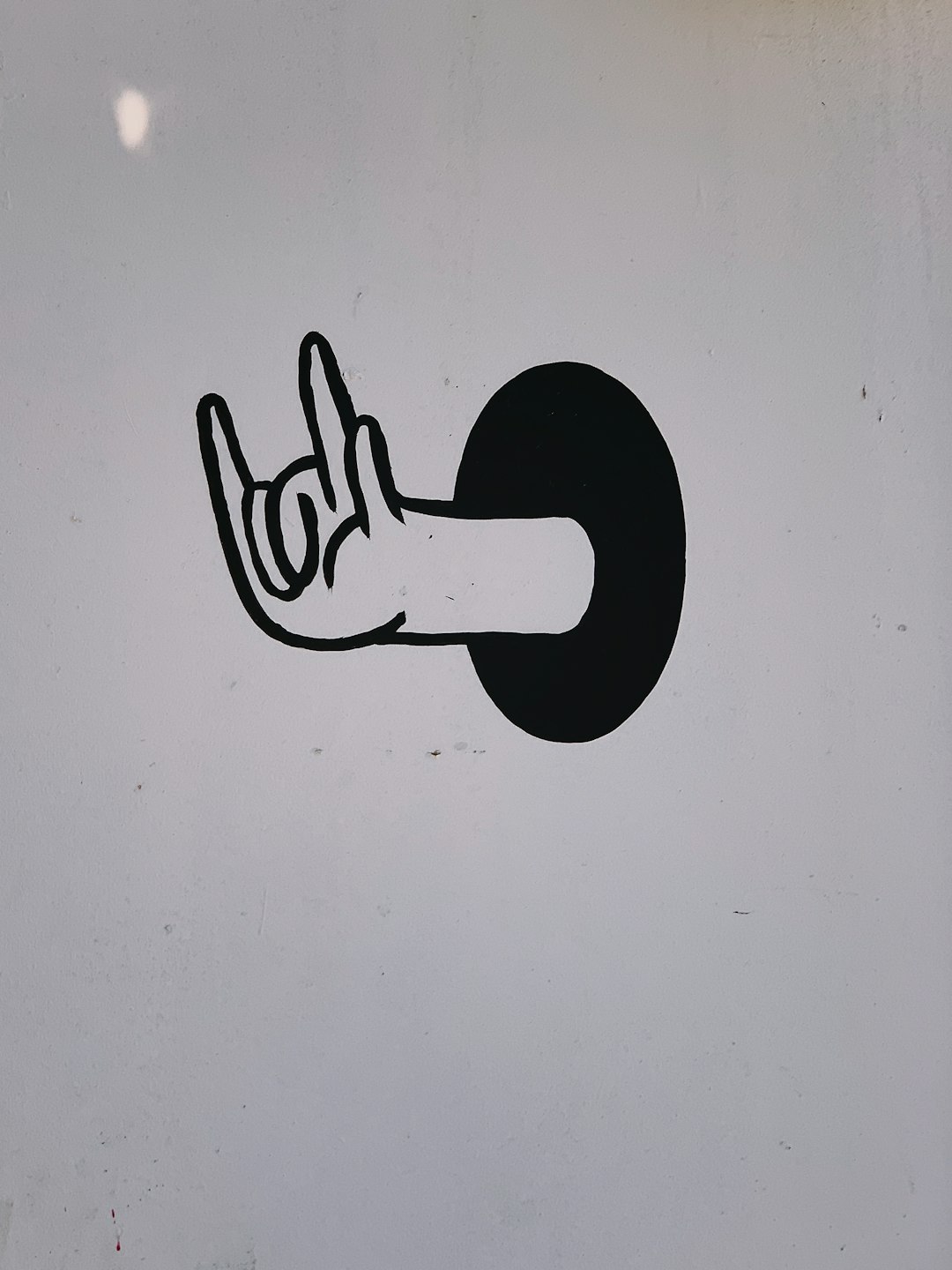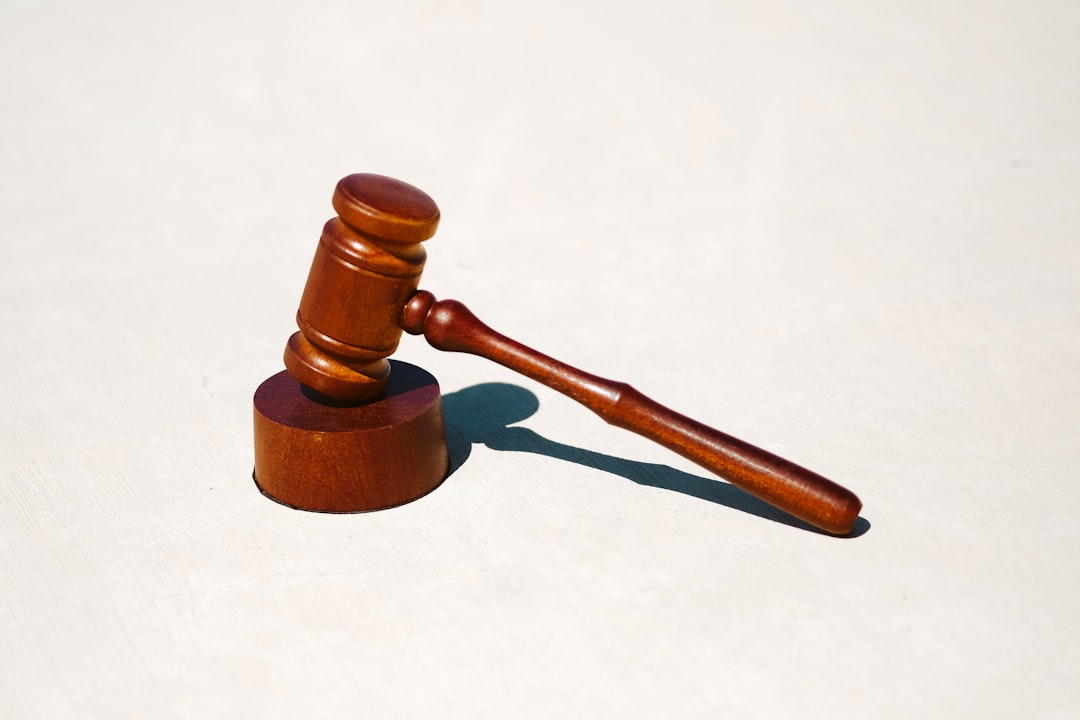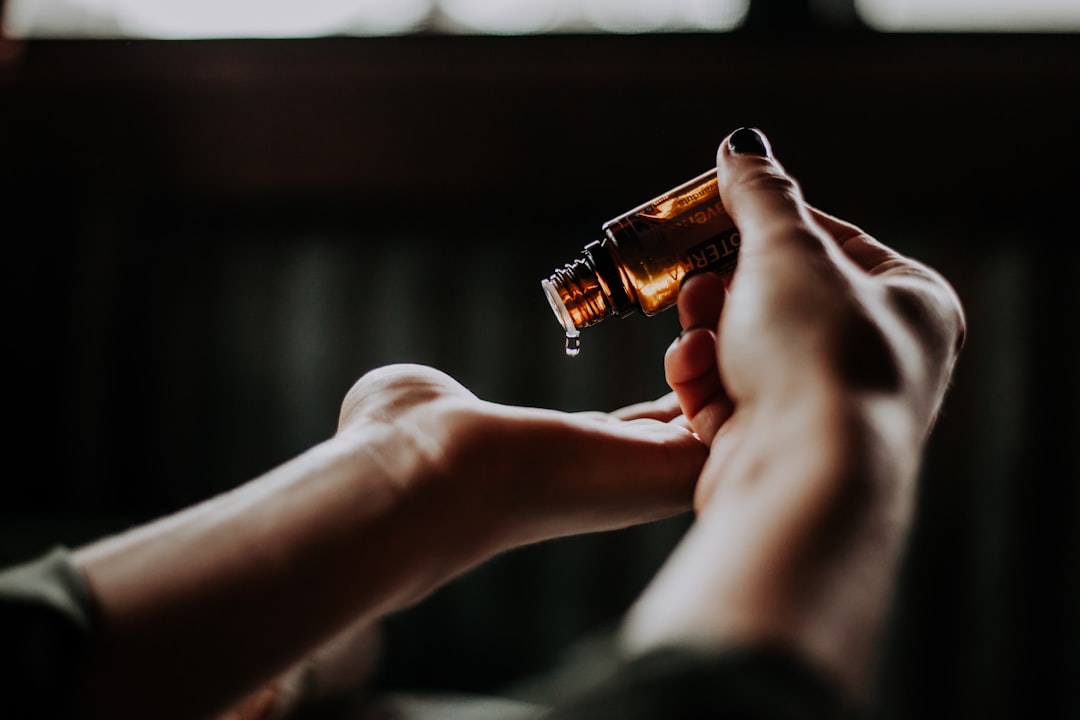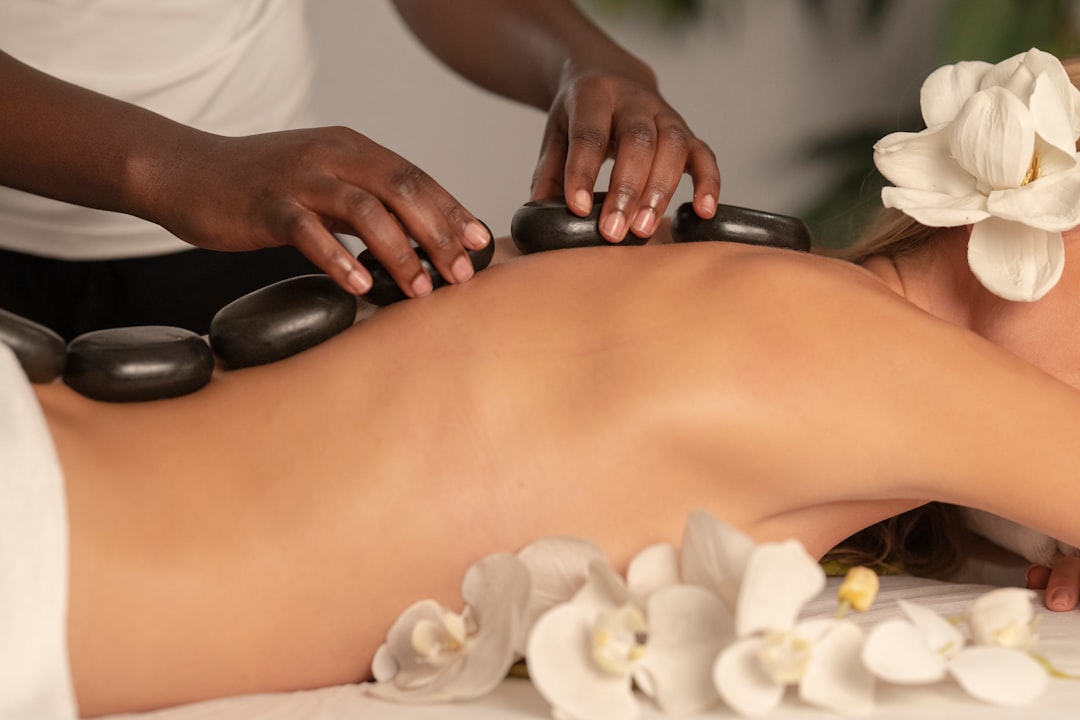Massage regulations vary widely across U.S. states, with New Jersey having some of the strictest standards to protect clients and therapists from abuse. These include comprehensive licensing, background checks, training requirements, consent laws, privacy guidelines, and professional boundaries. A massage abuse law firm in New Jersey can help ensure compliance with these protective measures, advocating for clients' rights and promoting a safer environment for both residents and visitors seeking wellness services.
“Uncovering the Landscape of Massage Therapy Regulations: A Comprehensive Comparison, Including New Jersey. In the realm of wellness, understanding state-by-state variations in massage therapy regulations is crucial for both practitioners and clients. This article provides an insightful overview, focusing on New Jersey’s unique approach to licensing, training, and consumer protection. We delve into a comparative analysis with other states, especially regarding massage abuse prevention, offering valuable insights for those seeking safe and regulated therapeutic services. For anyone considering a career in massage therapy or simply desiring a relaxing experience, this guide highlights the importance of knowledgeable choices.”
Overview of Massage Regulations Across Different States

Massage regulations vary significantly from state to state, each with its own set of rules and guidelines for the wellness industry. These laws are designed to protect both clients and massage therapists, ensuring safe and ethical practices. In the context of massage abuse law firm New Jersey, it’s crucial to understand how these regulations compare to other states.
Across the nation, states have implemented various measures, including licensing requirements, insurance mandates, and code of conduct standards. For instance, some states might mandate specific training hours or certifications for therapists, while others may have strict rules regarding consent and client privacy. New Jersey, known for its comprehensive regulatory framework, includes provisions for background checks, continuing education, and a clear definition of professional boundaries. By comparing these regulations, massage abuse law firms in New Jersey can identify potential gaps or strengths in existing laws, ultimately contributing to a safer environment for both residents and visitors seeking wellness services.
– A brief look at state-by-state variations in massage therapy regulations

In the United States, massage therapy regulations vary significantly from state to state, reflecting a complex interplay between local laws and professional standards. Each state has its own set of guidelines governing licensing, training requirements, and ethical practices for massage therapists. These variations can impact both consumers and practitioners, with some states offering stricter protections against massage abuse while others have more relaxed standards. For instance, New Jersey has implemented comprehensive regulations to ensure the safety and well-being of its residents, including mandatory licensing, background checks, and continuing education requirements for massage therapists.
In contrast, other states may have less stringent rules, potentially leaving consumers vulnerable to unethical practices or even abuse. This is where a massage abuse law firm in New Jersey or similar jurisdictions can play a crucial role in advocating for clients’ rights and ensuring compliance with protective laws. By understanding these state-by-state differences, both therapists and clients can make informed decisions, contributing to a safer and more regulated massage therapy industry nationwide.
New Jersey's Massage Therapy Regulations: A Closer Look

In New Jersey, massage therapy is regulated by the State to ensure consumer safety and prevent massage abuse. The regulations cover various aspects including licensing requirements for practitioners, establishment standards, and ethical practices. Massage therapists in New Jersey must complete a state-approved training program, pass an examination, and obtain a license from the New Jersey Board of Massage Therapy. Additionally, establishments offering massage services are subject to regular inspections to uphold hygiene and safety standards.
These regulations aim to protect clients from unethical or unsafe practices while promoting the profession’s integrity. A massage abuse law firm in New Jersey can provide guidance on navigating these rules and assisting clients who have experienced harm. By adhering to these strict guidelines, New Jersey strives to maintain a professional and safe environment for those seeking therapeutic massage services.






